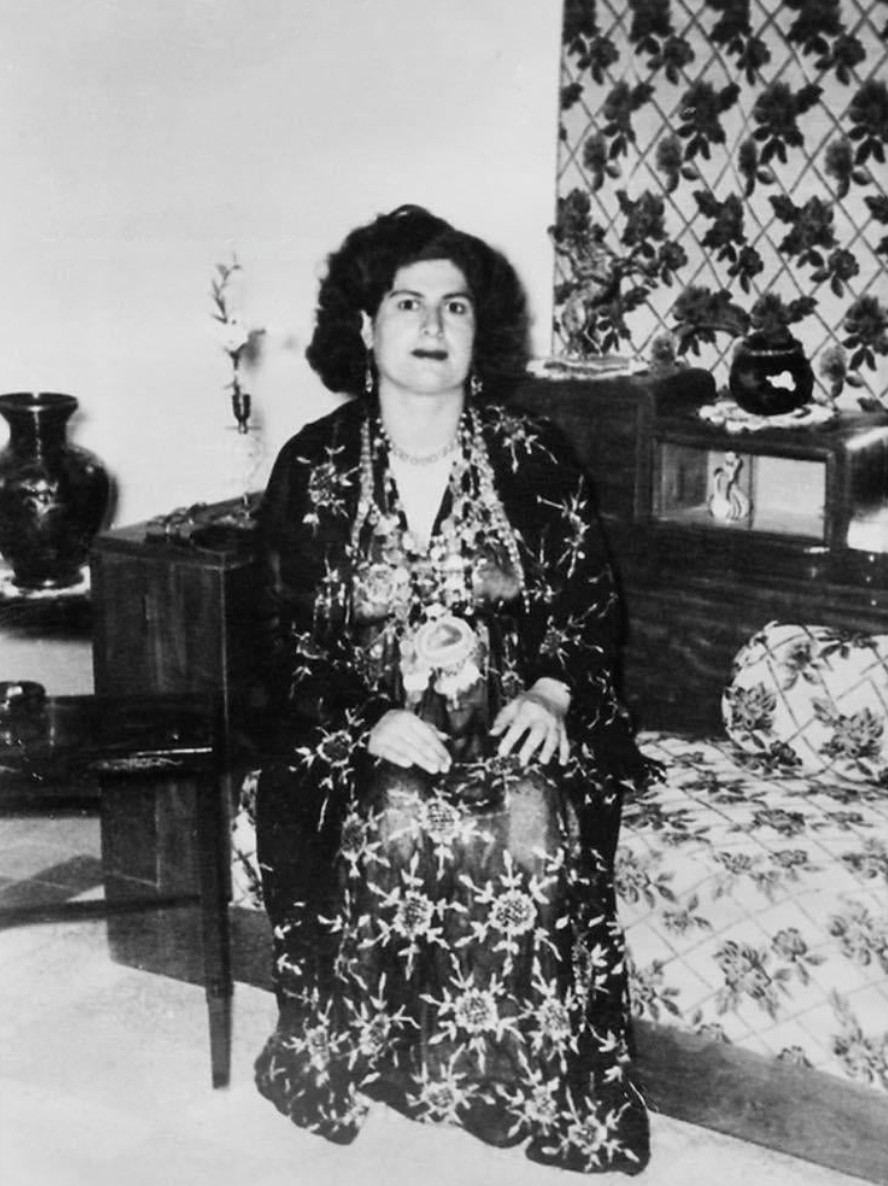A new decision by the Federal Supreme Court of Iraq strips minorities of quota representation in the Kurdistan Parliament and sets a dangerous precedent, signaling a return to discriminatory policies against those who are ethnically, religiously, racially, and linguistically different from the majority in Iraq. By targeting smaller minority groups first, this decision could escalate to affect larger minorities in Iraq. Ultimately, it threatens to revive central political authoritarianism and the majority dictatorship that the Iraqi people fought hard to overcome through decades of struggle and sacrifice. For these reasons, the U.S. Government should urge the Prime Minister of Iraq to introduce legislation in the Parliament to reverse the impact of this decision and to reiterate that the Federal Supreme Court of Iraq is limited by the principles of federalism in Iraq’s Constitution from interfering in matters related to the function of the Kurdistan Region’s parliament.
On February 21, 2024, the Iraqi Federal Court issued a decision to eliminate 11 reserved seats from the Kurdistan Region Parliament, which were designated for ethnic minorities (including Chaldeans, Syriacs, Assyrians, Turkmen, and Armenians) under Law No. 1 of the Kurdistan Parliament. This set aside a more than 30-year tradition in the Kurdistan Region of ensuring these minorities have representation in the legislature. Law No. (1) of 1992, enacted by the Kurdistan Parliament, allocated 11 seats with a provision for five seats designated for Christian communities. This predated the formal ratification of the Iraqi constitution but is consistent with Article 141 of the Iraq Constitution. Article 14 of the Iraqi Constitution ensures equality among all Iraqi citizens without discrimination, while Article 16 aims to provide equal opportunities for all Iraqis. These protections are rendered moot by the denial of civil and political rights of minority members. Moreover, Article 49, section 1, guarantees equal representation for all Iraqis in elections, acknowledging the diverse Iraqi communities. This decision again deprives minorities of their rightful legislative and political representation. Lastly, Article 25 safeguards the administrative, political, and cultural rights of various ethnic groups, like the Turkmen, Chaldeans, and Assyrians. This is undermined by the marginalization of their political rights, inevitably impacting their administrative, cultural, and educational freedoms.
As per Article 121, section 1 of the Iraqi Constitution, regions are vested with the authority to exercise legislative, executive, and judicial powers. Adhering to this constitutional provision, the Kurdistan Parliament enacted Law No. 5 of 2015, titled the "Law of Protecting the Minorities Rights in Kurdistan-Iraq." This legislation was designed to safeguard the political participation and representation of various ethnic minorities within the legislative body. Such measures were established to uphold principles of peaceful coexistence, acceptance of diversity, and the preservation of the unique identities of ethnic and religious minority groups. Therefore, the allocation of quota seats for ethnic minorities in the Kurdistan Parliament remains consistent with the Iraqi Constitution.
It's imperative to protect the rights of ethnic minorities and uphold the principles of inclusivity and diversity in Iraqi. The Federal Supreme Court should reconsider its decision and work towards meaningful reforms that strengthen minority representation without compromising their rights. If it refuses to do so, the Prime Minister of Iraq should initiate legislation in the parliament to clarify that legislation enacted by the regions and governorates which are consistent with protections for minorities that are enshrined in the Iraqi Constitution are inviolable.
There are a number of other ways for the Government of Iraq to protect minority rights. This includes establishing a special voter registrar for eligible minority voters and creating an independent list exclusively for quota candidates. Moreover, allocating a specific date and polling station for quota voting would mitigate interference from dominant political forces and prevent manipulation, as witnessed in past elections.
Abolishing the quota system in the Kurdistan Region threatens the democratic foundations and peaceful coexistence among ethnic and religious minorities in Iraqi society. This move undermines decades of political progress in Kurdistan since 1992 and in Iraq since 2005 and important protections for Iraq’s Christian and other minorities. It signals a dangerous regression in democracy, human rights, national unity, and individual freedoms—principles that have guided Iraq's political landscape since 2003. Such a trajectory will undoubtedly result in further restrictions on freedoms, citizenship rights, and the hard-won democratic gains made by all Iraqis, including minority groups who have sacrificed greatly for equality and legitimate representation.
Diya Butros Sliwa is former president of the High Independent Commission of Human Rights in the Kurdistan Region of Iraq.

